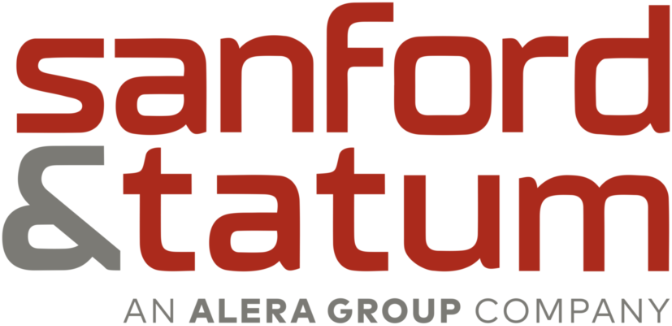
The DOL Overtime Rule’s Impact on Employee Benefit
The U.S. Department of Labor (DOL) final rule issued on April 23, 2024, increases the salary thresholds used to determine whether executive, administrative and professional (EAP) employees are exempt from overtime pay under federal law. While the increased thresholds are likely to result in a significant number of employees who were previously exempt now qualifying for overtime pay, employers must also consider how the increased thresholds may indirectly affect their benefit offerings.
Employers may need to reevaluate the following in light of the final rule:
- How their retirement plan defines “compensation”: If an employer’s retirement plan includes overtime pay in its definition of compensation, more employees being eligible for overtime could result in increased retirement plan contributions. In addition, the increase could affect the determination of who is highly compensated for nondiscrimination testing purposes; and
- Whether eligibility for other benefits depends on exempt status: If eligibility for health benefits or other fringe benefits depends on an employee’s exempt status, more workers being classified as nonexempt could result in more employees being eligible to receive these benefits.
Action Steps
In addition to evaluating existing compensation and worker classification practices, employers should carefully examine their retirement and health plan documents to determine how the rule may indirectly impact their benefit offerings. While employers may take steps now to prepare for the final rule, they should also continue to monitor legal challenges, as these may impact the applicability of certain provisions. A federal U.S. District Court judge has already forbidden the July 1, 2024 increase from going into effect against state employees in Texas, and other cases are currently working their way through the court system.
Key Points
Retirement Plans
Employers should review their retirement plan documents to determine how their plan defines compensation.
Other Benefits
Employers should review their plan documents to determine whether eligibility for health benefits or other fringe benefits depends on an employee’s exempt status.
Important Dates
July 1, 2024
The salary level for EAP employees increased to $844 per week and $132,964 per year for highly compensated employees (HCEs). However, state employees in Texas are not subject to this increase per a June 28, 2024 federal court order.
Jan. 1, 2025
The salary level for EAP employees will increase to $1,128 per week and $151,164 per year for HCEs.
This Compliance Bulletin is not intended to be exhaustive nor should any discussion or opinions be construed as legal advice. Readers should contact legal counsel for legal advice. ©2024 Zywave, Inc. All rights reserved.

Discussion
There are no comments yet.